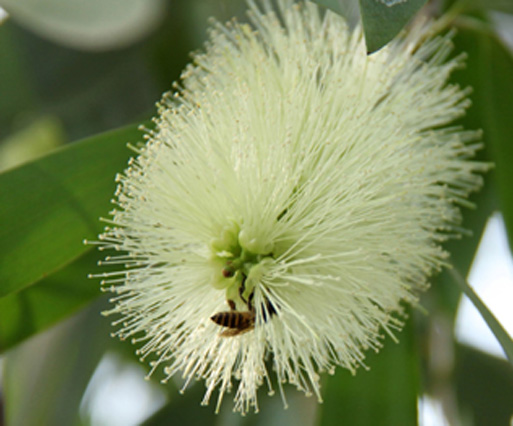INCI name: | Melaleuca quinquenervia |
Part used: | Leaves, twigs |
Extraction method: | Distillation |
CAS No.: | 8022-72-8 |
Origin: | Madagascar |
Appearance: | Colorless to light yellow clear mobile liquid |
Odour: | The eucalyptus tree smell of strong sending, cool |
Relative Density(20℃): | 0.900~0.925 |
Refractive index(20℃): | 1.458~1.465 |
Flash point (°C): | 50.0 |
Optical rotation(20℃): | -2.25° |
Main Composition(%): | 1.8 eucalyptus evvh, green white laminated alcohol viridiflorol, limonene, alpha beta pine oil terpene, linalool |
Melaleuca quinquenervia, commonly known as broad-leaved paperbark, the paper bark tea tree, punk tree or niaouli, is a small to medium size tree of the allspice family, Myrtaceae. The plant is native to New Caledonia, Papua New Guinea and coastal eastern Australia, from Botany Bay in New South Wales northwards, into Queensland and the Northern Territory.It has become naturalised in the Everglades in Florida, where it is considered a serious weed by the USDA. Melaleuca quinquenervia grows from 8–20m (26–66 ft) high with a spread of 5–10m (16–33 ft), with thick white and beige papery bark. Arranged alternately, the leathery dull- or grey-green leaves are 5–10cm (2.0–3.9 in) long by 0.5–2.5cm (¼–1 in) wide, and ovate to obovate in shape. Flowering occurs from spring to early autumn, September to March in Australia. The white or cream flowers are arranged in cylindrical brushes some 4–8cm (1.6–3.1 in) long and 2–3cm (0.79–1.18 in) wide borne at or near the end of branchlets. They are followed by small woody seed pods containing many tiny seeds which are released annually. The broad-leaved paperbark grows as a spreading tree up to 20m high, with the trunk covered by a white, beige and grey thick papery bark. The grey-green leaves are ovate and the cream or white bottlebrush-like flowers appear from late spring to autumn. |  |